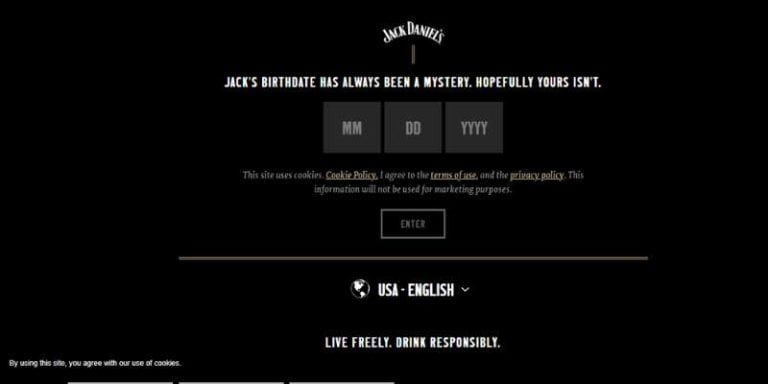
URL parameters (aka query string parameters or URL variables) are used to send data between web pages or between a client and a server through a URL. They are composed of a key-value pair separated by an equals sign.
For example in the url: www.example.com?car=sedan&color=blue, car and sedan are both parameters with values of sedan and blue , respectively. Note that the query string preceded with a question mark (?) and each additional parameter is connected with an ampersand (&).
Parameters are used to send search queries, link referrals, user preferences, and other data between pages or to a server.
In this article, we’ll show you how to parse and manipulate URL parameters using Golang.
All of the code in this article is available here in a Go Playground.
Getting a URL Parameter
Table of Contents
In Golang, understanding how to use URL parameters is essential for building backend web applications. By using the net/http package in Golang, developers can parse URLs and their parameters to use the information to process requests and generate responses.
Assuming that our URL is a string with params like: https://example.com/?product=shirt&color=blue&newuser&size=m, we can extract the query string with url.ParseQuery:
urlStr := "https://example.com/?product=shirt&color=blue&newuser&size=m"
myUrl, _ := url.Parse(urlStr)
params, _ := url.ParseQuery(myUrl.RawQuery)
fmt.Println(params) We can then access individual query parameters using the key:
product := params.Get("product") fmt.Println(product) color := params.Get("color") fmt.Println(color) newUser := params.Get("newuser") fmt.Println(newUser) Other Useful Methods
Checking for the Presence of a Parameter
We can use Get() method to check whether a certain parameter exists:
if _, ok := params["product"]; ok { fmt.Println("Product parameter exists")
} if _, ok := params["paymentmethod"]; !ok { fmt.Println("Paymentmethod parameter does not exist")
}Getting All of a Parameter’s Values
We can use params[key] to return all the values associated with a particular parameter:
sizes := params["size"] fmt.Println(sizes) fmt.Println(params["size"]) Iterating over Parameters
We can use a range loop to iterate over the parameters:
for key, value := range params { fmt.Printf("%s: %sn", key, value)
} The net/url package is part of the standard library and is available in all versions of Golang, making it widely supported.
Conclusion
In this article, we have shown you how to extract and manipulate URL parameters in Golang using the built in “net/url” package.






